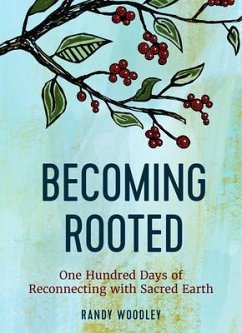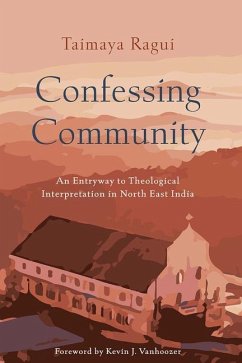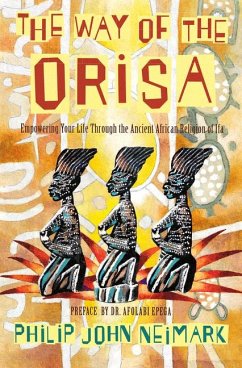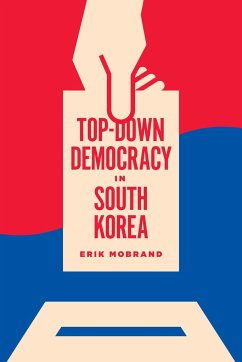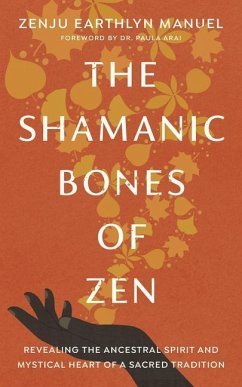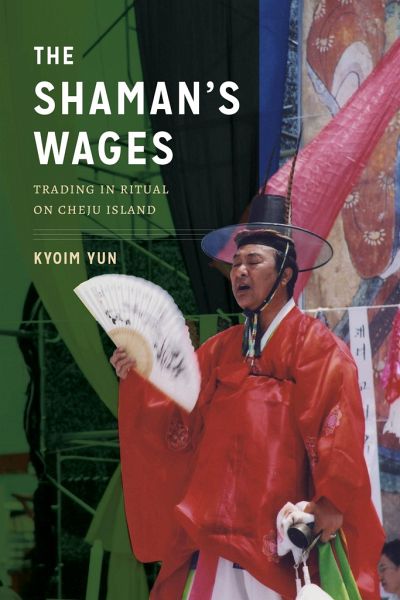
The Shaman's Wages
Trading in Ritual on Cheju Island
Versandkostenfrei!
Versandfertig in 2-4 Wochen
122,99 €
inkl. MwSt.
Weitere Ausgaben:

PAYBACK Punkte
61 °P sammeln!
"Most studies of Korean shamanism--a popular religion that is both celebrated and stigmatized--have minimized regional differences, focusing on shamans from central Korea whose work involves spirit possession. Less attention has been paid to hereditary shamans, a number of whom have resided for centuries on Cheju Island, off Korea's southwest coast. Although simbang (native Cheju shamans) are relied upon to perform important rituals, for which they receive lavish offerings, they are often perceived as charlatans who swindle innocent people. This first study of the material exchange and politic...
"Most studies of Korean shamanism--a popular religion that is both celebrated and stigmatized--have minimized regional differences, focusing on shamans from central Korea whose work involves spirit possession. Less attention has been paid to hereditary shamans, a number of whom have resided for centuries on Cheju Island, off Korea's southwest coast. Although simbang (native Cheju shamans) are relied upon to perform important rituals, for which they receive lavish offerings, they are often perceived as charlatans who swindle innocent people. This first study of the material exchange and politics of Korean shamanism describes interactions between shamans and their clients in order to show how this ritual exchange is distinct from other forms of transaction, such as barter, purchase, bribery, and gift-giving. The "ritual economy" of Korean simbang involves not only monetary payment, but also reciprocity, sincerity, and the expressive forms that practitioners use to authenticate ritual actions that both emphasize ritual exchange and distinguish it from other forms social and economic transactions"--




